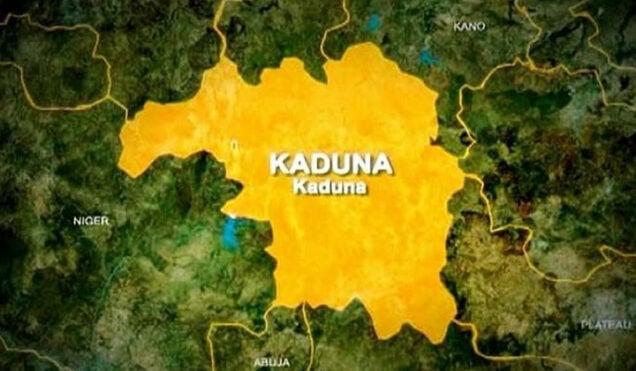Kaduna State government hplansis set to train and graduate 32,000 learners every year through the newly established Institute of Vocational Training and Skills Development.
The institute, commissioned by President Bola Ahmed Tinubu in June, has campuses in Rigachikun, Soba and Samaru Kataf. The campuses have modern facilities to provide lifelong, practical, and globally relevant skills training.
Learners can enrol in any of the 14 trade areas accredited by the National Board for Technical Education (NBTE), including: POP/Painting & Decoration, Masonry, Tiling, Plumbing, Carpentry & Joinery, Welding & Fabrication, Electrical Installation, Aluminum Fabrication, Refrigeration & Air Conditioning, Solar Installation, Mechatronics, Computer Hardware Repairs & Maintenance, Catering & Hospitality, and Fashion Design.
In line with the Nigeria Skills Qualification Framework (NSQF), the institute programmes deliver 80% hands-on practical training in workshops and workplace settings while enrolment is open year-round, with morning and afternoon shifts designed to expand access. Training pathways include short-term courses of three months leading to NSQ Unit Certificates or Institute Competence Certificates, as well as medium to long-term programmes of six to twelve months leading to full NSQ qualifications at Levels 2–4.
The commissioner for Information, Malam Ahmed Maiyaki, addressing the significance, said: “This Institute is a bold step of the Kaduna State Government’s commitment to skills acquisition, youth empowerment, and economic growth. The 14 trade areas are carefully selected to address critical manpower needs in construction, energy, ICT, hospitality, and creative industries. We are confident that graduates of this institute will not only find employment but also become self-employed and create opportunities for others.”
On his part, the Provost of the Institute, Malam Husaini Haruna Muhammad, also emphasised the workplace relevance of the training: “Our focus is on producing graduates who are workplace-ready. With 80% of training being practical, our learners gain real-life competencies in their chosen trades. These skills are not only relevant to Nigeria’s economy but also competitive on the global stage. We encourage citizens — especially women, persons with disabilities, and vulnerable youths to take advantage of this opportunity.”
The Kaduna State Institute’s teaching model blends qualified instructors, master craftspersons, and skilled retired practitioners to ensure learners benefit from both theory and decades of industry experience. With full NBTE accreditation, the Institute is also part of the federal government’s TVET Initiative, beginning with an initial intake of about 2,000 learners. The state government has ensured inclusive access for women, persons with Disabilities (PWDs), and vulnerable groups such as the Almajiris.
With facilities and human resources already in place, the Institute targets the graduation of 16,000 learners in its first training phase, moving toward its annual target of 32,000 graduates. The Kaduna State Government calls on citizens across the state and beyond to seize this opportunity to acquire skills for employability, entrepreneurship, and self-reliance.
Applications are ongoing at the Institute’s portal, and all 23 local government areas are expected to support the candidates to fill in the portal. Candidates can visit the portal via: https://kivtsd.edu.ng.








